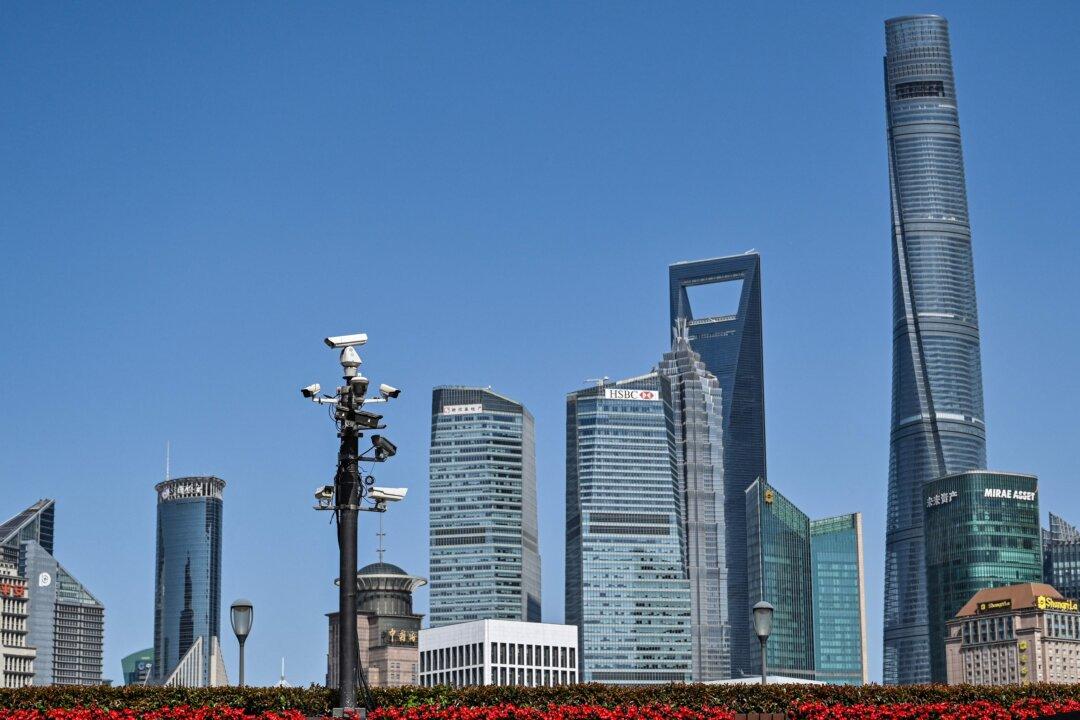China vowed to crack down on collusion between officials and businesses, and safeguard the political sphere from infiltration of powerful interest entities, reported state mouthpiece Xinhua.
At the third plenary session on Jan. 8 of the party’s anti-graft organ, the Central Commission for Discipline Inspection, the regime’s leader Xi Jinping said that cracking down on collusion between officials and businesses is “an essential and top priority,” and specifically, that efforts should be intensified to “punish bribe givers,” reported Xinhua.




